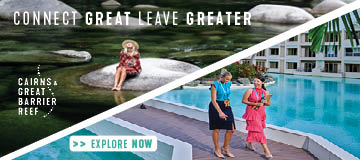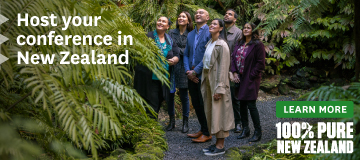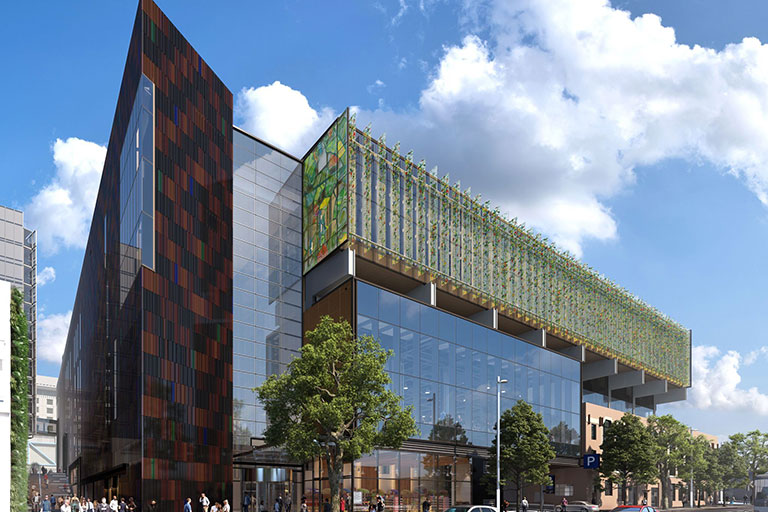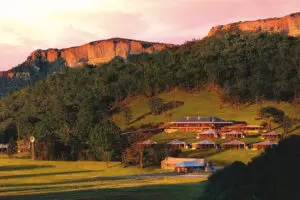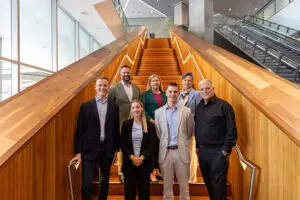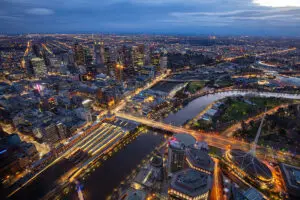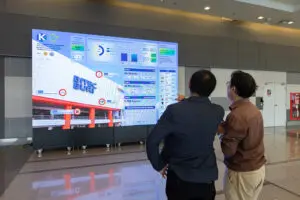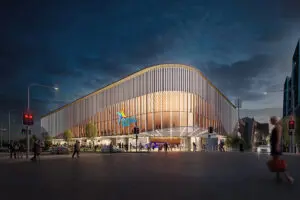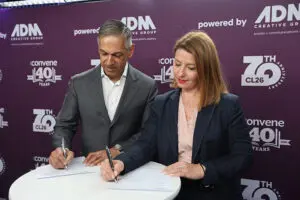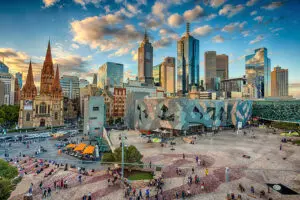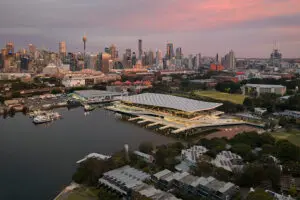The meeting will be held at the New Zealand International Convention Centre (NZICC) which is expected to open next year.
The conference is anticipated to draw at least 2,000 delegates and have an economic impact of $4.9 million for the New Zealand economy.
The successful bid for the event was led by Professor Alejandro C. Frery from Victoria University of Wellington and Associate Professor Gabor Kereszturi from Massey University, with support from other professors at the University of Canterbury and the University of Auckland.
There was also support from the geospatial and space industries across New Zealand, Tourism New Zealand Business Events, Tātaki Auckland Unlimited and the NZICC.
“New Zealand is increasingly home to research, education and outreach initiatives in space-related topics and Earth observation,” said Professor Frery.
“IGARSS 2028 will present new opportunities for New Zealand to continue growing its capability in this sector and cross-fertilise research with its now state-of-the-art aerospace industry.
“Rocket Lab’s success has spurred a vibrant industry and research ecosystem with wide-ranging capabilities including advanced aviation, stratospheric flight and ground-station support.”
Remote sensing in particular is growing massively, with applications in everything from climate and weather monitoring to agriculture and urban planning.
“Hosting IGARSS will provide an invaluable opportunity to showcase research opportunities, foster global collaborations and contribute to the advancement of Auckland and New Zealand’s geophysical sciences, aerospace and engineering sectors,” said head of Auckland Convention Bureau, Ken Pereira.
“We’re looking forward to welcoming delegates to Tāmaki Makaurau Auckland for a rewarding conference and to enjoy the world-class hospitality and unique experiences we have on offer.”
Associate Professor Kereszturi flagged the importance of growing geoscience and remote sensing knowledge in the region.
“Capacity-building in the realm of geoscience and remote sensing is critical for the empowerment of the nations throughout Oceania whose geographic isolation is no protection from the changing dynamics of our Earth complex system, including sea level rise, ocean acidification and natural hazards,” he said.

